76. What is the status given to English by the Indian Constitution?
(A) National language
(B) Link language
(C) Official language
(D) Associate official language
Show Answer/Hide
Direction (Q.No. 77-80) : Read the poem given below and answer the questions that follow by selecting the most appropriate option:
Two roads diverged in a yellow wood,
And sorry I could not travel both
And be one traveller, long I stood
And looked down one as far as I could
To where it bent in the undergrowth;
Then took the other, as just as fair,
And having perhaps the better claim,
Because it was grassy and wanted wear;
Though as for that the passing there
Had worn them really about the same,
And both that morning equally lay
In leaves no step had trodden black.
Oh, I kept the first for another day!
Yet knowing how way leads on to way,
I doubted if I should ever come back.
I shall be telling this with a sigh
Somewhere ages and ages hence
Two roads diverged in a wood, and
I took the one less travelled by,
And that has made all the difference.
77. Where was the poet?
(A) in the city
(B) In a desert
(C) In the forest
(D) On a highway
Show Answer/Hide
78. Why did the poet want to take the less travelled road?
(A) To avoid bumpy ride of another road
(B) To get lost in the dense forest
(C) In the hope of discovering something new
(D) He likes puzzles
Show Answer/Hide
79. What does the poet’s long stare at the path signify :
(A) The time taken by people to decide and make a choice
(B) Poet loves nature
(C) Idling away of time
(D) Relaxation hours
Show Answer/Hide
80. Mention the figure of speech used in “and having perhaps the better claim”:
(A) Alliteration
(B) Personification
(C) Simile
(D) Metaphor
Show Answer/Hide
Direction (Q. No. 81 – 82): Fill in the blanks using appropriate phrase preposition from the given option :
81. ______ me, I will be happy to dedicate a few extra hours to the cause.
(A) As for
(B) As of
(C) As from
(D) As to
Show Answer/Hide
82. You will have to remember that, ______ John, no one wants to work on this problem.
(A) apart to
(B) apart from
(C) apart
(D) apart of
Show Answer/Hide
Direction (Q. No.83) Transform the following superlative sentence into a positive sentence:
Alaska is one of the coldest places.
83.
(A) Few places are as cold as Alaska.
(B) Few Places are cold like Alaska.
(C) Alaska is colder a place than any place.
(D) No place is cold like Alaska.
Show Answer/Hide
Direction (Q. No.84 to 87): Read the passage given below and answer the questions that follow by selecting the most appropriate option:
Law is found in all modern societies and is usually regarded as the bedrock of civilized existence. But what distinguishes law from other social rules, and in what sense does law operate at an international or even global level? Is there such a thing as international law? In the case of domestic law, it is relatively easy to identify a series of distinguishing characteristics. First, law is made by the government and so applies throughout society. Not only does this mean that law reflects the will of the state and therefore takes precedence over all other norms and social rules, but it also gives domestic law universal jurisdiction within a particular political society. Second, law is compulsory; citizens are not allowed to choose which laws to obey and which to ignore, because law is backed up by a system of coercion and punishment. Law thus requires the existence of a legal system, a set of norms and institutions through which legal rules are created, interpreted and enforced. Third, law has a ‘public’ quality in that it consists of codified, published and recognised rules. This is, in part, achieved by enacting law through a formal and usually public, legislative process. Moreover, punishments handed down for law breaking are predictable and can be anticipated.
84. What is the basis of civilized existence?
(A) State
(B) Law
(C) Money
(D) Principles
Show Answer/Hide
85. How can law be distinguished from social rules?
(A) Laws apply to every citizen whereas social rules vary from one society to another.
(B) Laws are enforceable upon the society whereas social rules are not enforceable.
(C) Laws are acceptable to the political society whereas social rules do not require any system.
(D) Laws work according to the proper legal system whereas social rules do not require any system,
Show Answer/Hide
86. What is the outcome of breaking laws?
(A) Award
(B) Criticism
(C) Praise
(D) Punishment
Show Answer/Hide
87. Identify a word from the passage which means ‘action of using force or threat to do something’.
(A) Jurisdiction
(B) Enforced
(C) Coercion
(D) Precedence
Show Answer/Hide
Direction (Q. No. 88 – 89) : Identify the segment in the given sentence which contains a grammatical error:
88.
(A) I don’t recognize none of /
(B) the politicians who have been /
(C) invited to be /
(D) the speakers today.
Show Answer/Hide
89.
(A) If your jogging clothes /
(B) were not made of permeable fabric /
(C) you will drown /
(D) in your sweat.
Show Answer/Hide
Direction (Q. No. 90): Select the most appropriate pronoun and fill in the blank:
90. After the interview, when I looked back, I was annoyed with ______ for not answering a question properly :
(A) yourself
(B) himself
(C) myself
(D) themselves
Show Answer/Hide
| Read Also : |
|---|

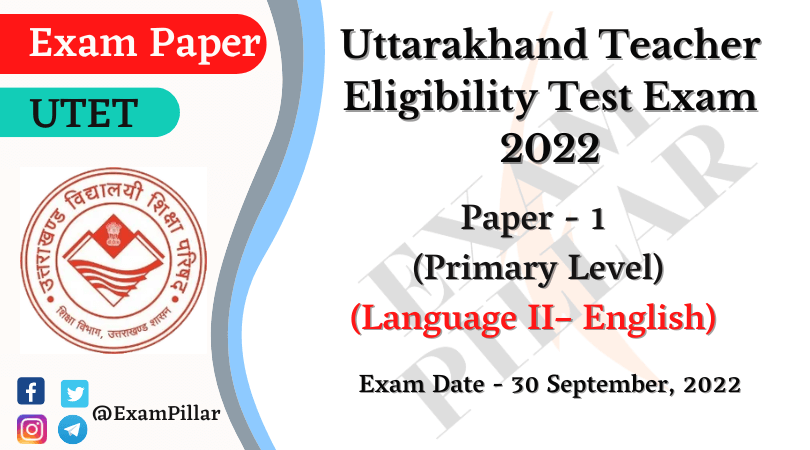
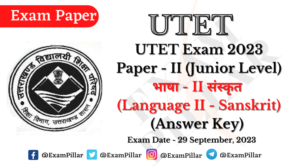
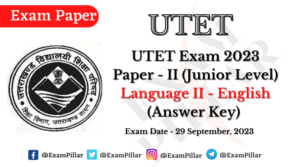
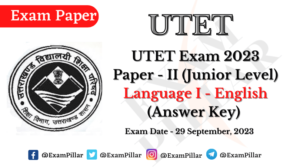
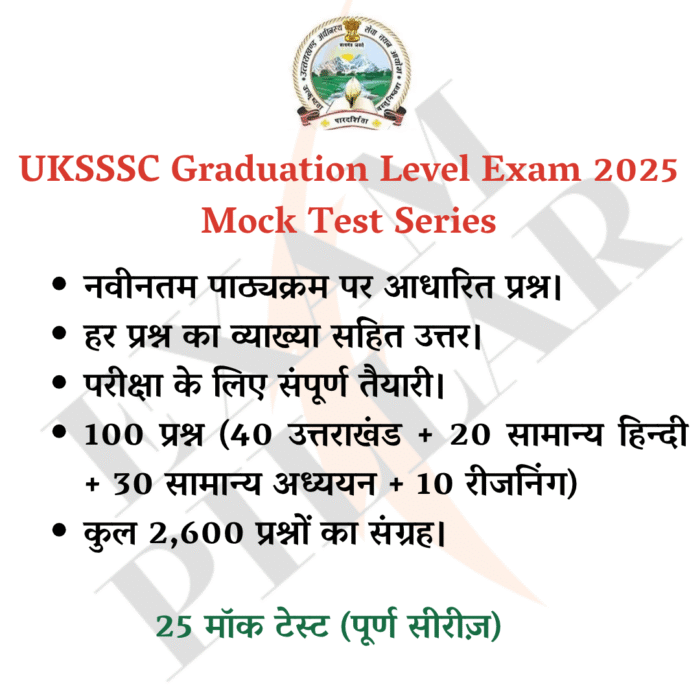


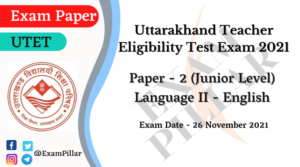
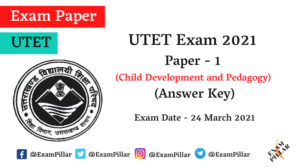

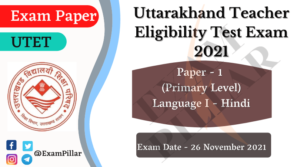
Thank you❤